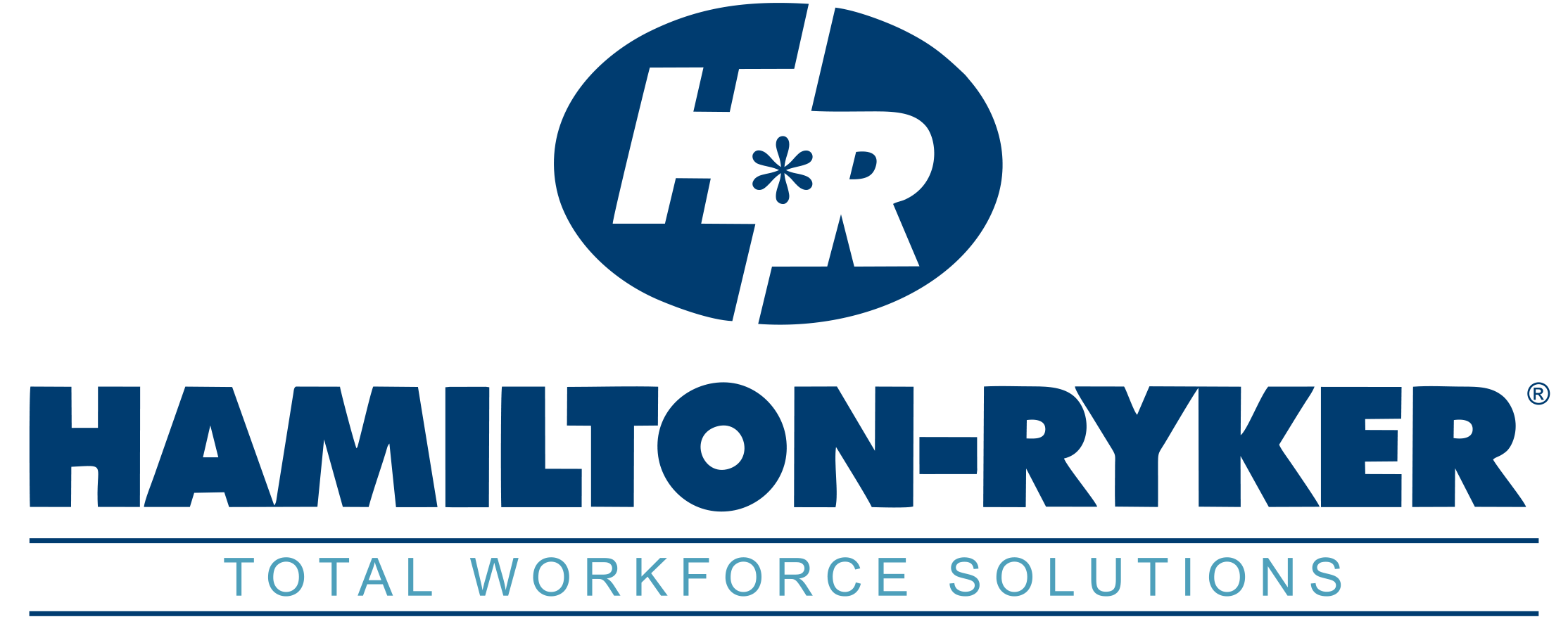The Benefits of Providing Soft Skills Training
Employees are often hired because they have relevant skills and experience that directly relate to the open position. This is what’s known as the hard skills required for a job.
However, there’s another aspect to building a great team that can’t be learned from a resume — how they interact with others.
An employee could be the absolute best at their job but still be a drain on the general workforce if their attitude and personality doesn’t align with those In their workplace. This is where soft skills training comes in. Soft skills refers to how a person interacts and communicates with those around them. These interpersonal skills are what build the work environment alongside the actual work itself. And these soft skills are just as important as the hard skills.
Soft skills training helps employees learn how to better communicate with each other, as well as other important skills. Here’s what your company stands to gain from implementing a soft skills training program.
Happier Employees
Nobody likes to guess while they’re at work. And even if you know your job well, poor communication can leave you without the necessary information to perform your tasks. Any type of conflict, no matter how small, can be a drain on employee morale.
Soft skills training gives your employees the tools they need to converse with their coworkers before things become a problem. And the absence of conflict means your employees will have a more positive experience as they go about working through their duties.
Contact Hamilton-Ryker to learn more about offering soft skills training to your employees!
Better Customer Service
Speaking with customers, vendors, delivery drivers, or anybody else that isn’t directly employed by the business requires a level of awareness and tact. Every one of your employees is an ambassador for your brand so you want to be sure these interactions are overwhelmingly positive.
Clear communication is the best way for your employees to navigate these conversations. Give them the tools they need to handle difficult situations, as well as the ability to calm any potential fears. Bolstering your employees by giving them instruction in these areas will benefit both the employee and business, as your brand reaps the rewards of continuously positive interactions with outside parties.
Stronger Team
Better communication leads to stronger teams. This is a basic truth that is known throughout all workplaces. But sometimes these well-known ideas are much easier to explain than they are to carry out in real life. Industrial staffing usually means large establishments with many employees. There is bound to be a wide variety of personalities. Not everyone is going to be best friends.
But open communication and basic conflict resolution skills can establish a base level of respect throughout your staff. And this is the basis of a strong team. Working together becomes easier over time. Give your employees a head start by providing soft skills training.
Increased Productivity
Soft skills encourage your employees to work together, find creative solutions to problems, and collaborate on projects. Arming your employees with the skills needed to not only perform their stated job tasks but to adapt to new challenges leads to less time spent between duties. Less downtime translates to more work performed.
Brainstorming along with effective problem-solving skills empowers your employees to address problems on their own. This frees up management to attend to other issues and tasks. More work can be accomplished when your employees have an increased capability for self-sufficiency.
More Effective Leadership
Soft skills training can help every level of your employment structure. Even the most senior employees in your organization can benefit from improving their communication and delegation skills. One of the most useful skills a manager can have is the ability to effectively communicate needs, issues, and information to their coworkers.
Feedback is a continuous aspect of leadership — both giving it and receiving it. It’s essential for managers to be able to convey feedback to an employee in a constructive and positive manner, especially if it relates to an area of the employee’s performance that needs work. These skills will improve your leader’s efficacy by streamlining their skills in these areas.
Thinking Outside the Box
Problem solving is essential for every level of employment. Critical thinking helps an employee adapt to changes, challenges, and anything else they encounter that wasn’t directly addressed in their training. Soft skills training will help your employees develop these skills and navigate these often confusing situations.
Contact Hamilton-Ryker to set up your soft skills training sessions today!

